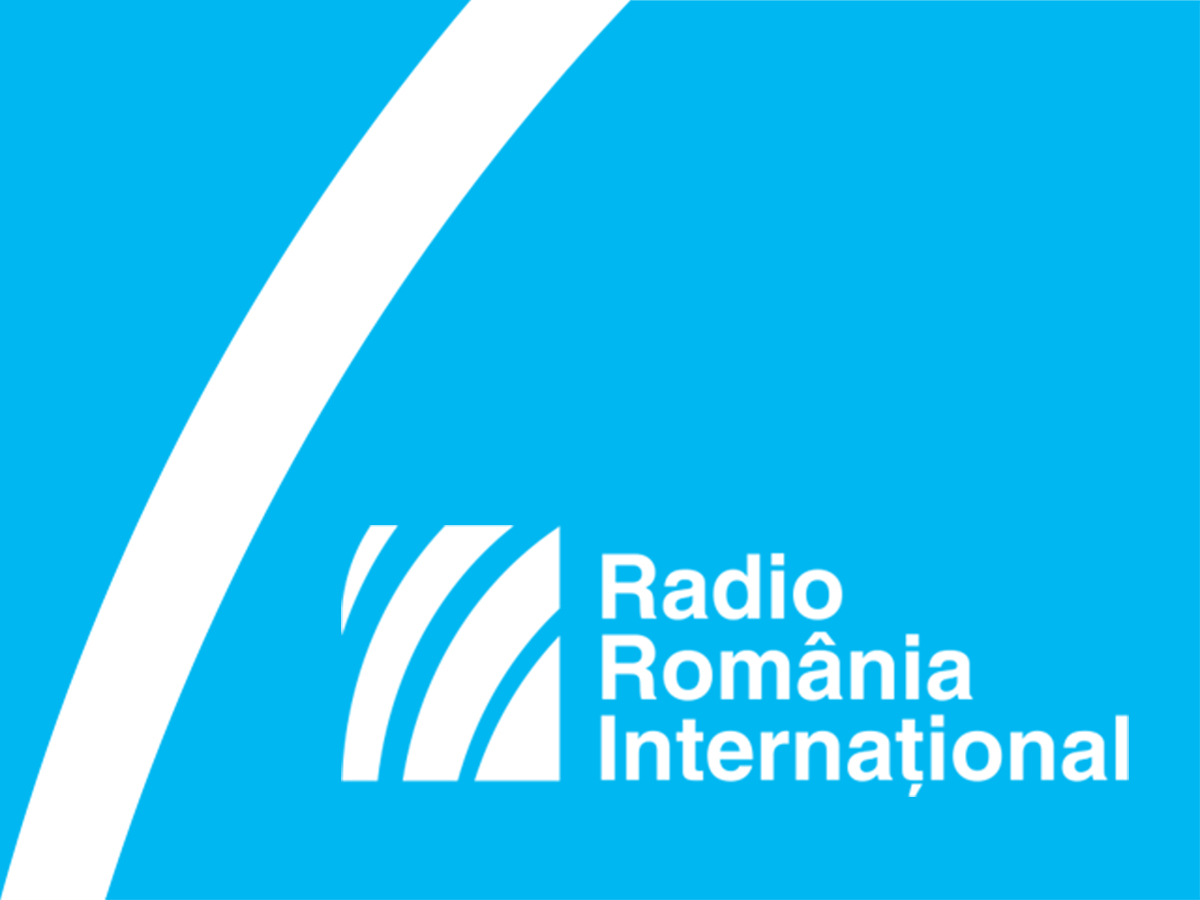25 years on from the first democratic election in Romania
An outlook of the first democratic elections after the 1989 revolution

Monica Chiorpec, 08.06.2015, 13:30
On May 20th 1990, five months after communist dictator Nicolae Ceausescu had been ousted from power, Romanians went to the polls to cast their ballot for the countrys president and their representatives in the two Parliament chambers. The election process at that time was held under a law issued by the Provisional National Union Council, a temporary body with legislative authority, which was set up after the 1989 revolution and led by Ion Iliescu. 25 years on from the first democratic election in Romania the May 20th 1990 election is thought to have been aimed at reconfirming the leaders of the December 1989 revolution. The National Salvation Front (the FSN in short), a political group registered in February 1990, obtained a landslide victory in the election. Political analyst Gabriel Andreescu explains why the FSN candidate Ion Iliescu had to become Romanias president.
Gabriel Andreescu: “First and foremost the election was partially free since the FSN had the ability to control the entire election process and the countrys resources. A couple of decisions had been made at the time on the use and allotment of resources, measures, which pleased the voters. The facts remained unknown to many as they happened in the countryside, but in many Romanian villages lists didnt include all the candidates running in the election. Irregularities in the election process, as well as the intense propaganda put out then, had a decisive role in the FSNs landslide victory.”
On February 6th 1990, the National Salvation Front morphed into a political party with the intention to run in the May election. But for a couple of publications, the new political party was controlling all the Romanian press particularly the main TV station, which declared itself free in December 1989. In the opinion of Gabriel Andreescu it was not only mass media manipulation, which led to the FSNs victory, but the ballot counting as well.
Gabriel Andreescu: “It was a controlled election process from the way in which resources were used to manipulate voters, to ballot counting. I have an example to prove that. Two types of independent candidates appeared on Bucharests lists, including Octavian Paller and Gabriel Liiceanu. Until election, these two celebrities had enjoyed a tremendous popularity with the press a fact proved by the massive sales of magazines where they were contributing, such as Magazine 22 and the Group for Social Dialogue. Under these circumstances, every candidate should have obtained at least over 30 thousand of the votes needed.”
Ion Iliescu s contenders were Ion Ratiu, of the then Christian Democratic National Peasant Party and Radu Campeanu of the National Liberal Party. Political analyst Gabriel Andreescu will now be speaking about these historical parties failure to grapple with a political group that at that time had but recently been founded.
Gabriel Andreescu: “When I said the National Salvation Front was very well stocked, by that I meant it was well stocked in every respect, I didnt just mean the bananas and the oranges that were imported and placed on the market in order to appease the population that had been craving for them for years. I also meant the symbolic resources, such as information. Television, over and above anything else, but also radio, and to a lesser extent, the press; all these were turned into a mouthpiece for those who had seized the power in December 1989, groups chiefly clustered around former president Ion Iliescu. Then there was a big amount of hatred, mystification, manipulation that succeeded in deceiving the population. Its deep-seated fears had resurfaced after the dissemination of slogans like landowners are coming, to take your land” or” capitalists are coming, to take your factories. For the record, it was neither the landowners nor the bourgeoisie that came to reclaim the assets they had lost in 1940. It was the former Securitate and the nomenclature who turned up instead, getting down to fraudulent privatization, laying their hands on assets that had hitherto been public property.”
For quite a few of the 14 million Romanians who cast their ballot on May 20th, 1990, freedom frenzy and the hope for a better life in a country that had recently been freed of communism would shortly turn into regret and frustration. The day of the so-called free election would later be nicknamed “the blind mans Sunday”.
Here is political analyst Gabriel Andreescu again, this time speaking about the meaning of the phrase.
Gabriel Andreescu: “People did have their moment of freedom. Freedom was theirs and not the systems, which was only partially free. But each of them was free to choose. And people voted with their feet without giving it a second thought and without taking a good look at what they had in front of them. Of course, a great number of votes back then – although not to the extent that had been made public – went to Ion Iliescu and his group. Honestly, I think people did not give a great deal of thought to Ion Iliescu and his past, to what he actually was. They agreed to get blinded and that was what happened to the voters in 1990.”
That voters status in the following month proved that the National Salvation Front had been ready to resort to any means in order to grab control in the young democratic state. In June 1990, against the backdrop of protest rallies mounted by the Romanians disgruntled with the election outcome, a decision to replace riot police with miners from the Jiu Valley to reinstate order in Bucharest eventually resulted in the bloodiest events Bucharest had seen after December 1989.”






























